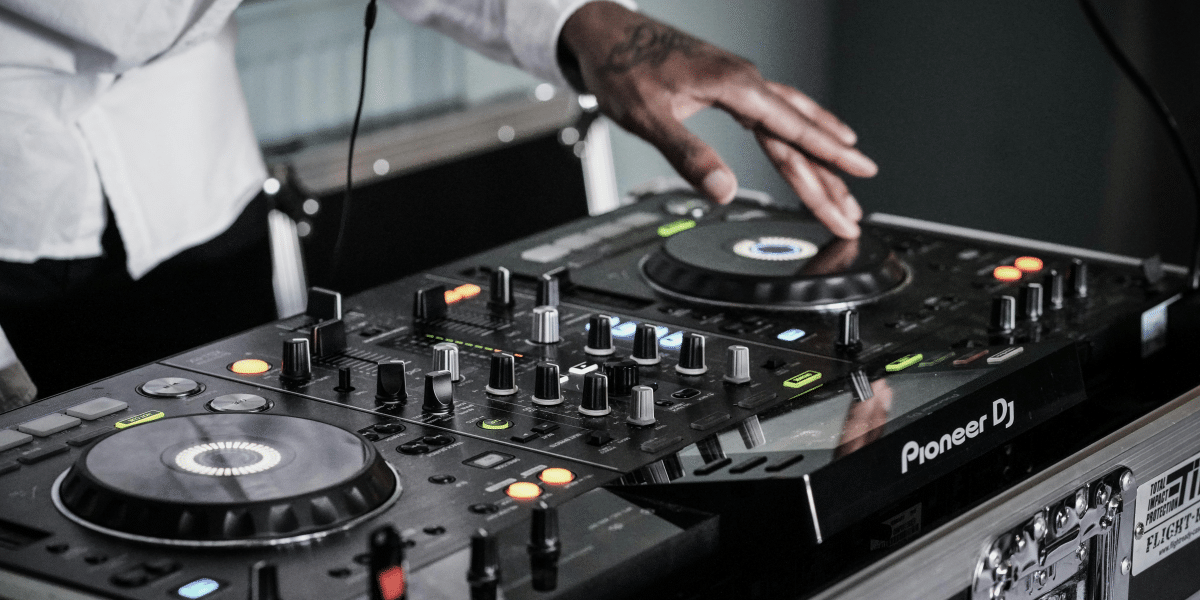James Novello is a life and resiliency coach born and raised in San Francisco, California. While in college, he began his career as a volunteer for the local fire department, eventually joining SFFD full time after receiving his degree. Over the years, he obtained many additional certifications to help with critical incident response. After a number of severe injuries on the job, James was faced with the reality that he couldn’t maintain the demands of being a full-time firefighter and paramedic until retirement age, and he ultimately chose to leave his career as a first responder. However, he learned a great deal helping others in peer support while in the fire department, and it was this work that eventually led him to his new career as a life and resiliency coach.
Why did you decide to create your own business?
I had been a firefighter and paramedic for ten years, and had several major injuries. At that time, my shifts at work would sometimes be two weeks on and a couple of days off. It could be very intense, especially since I worked in a larger city that has one of the busiest systems in the nation. After the last serious injury, I wasn’t able to keep up with that intensity the same as I had before. I had worked with peer support within the department as one of many light duty assignments. I found that working with others in order to improve their lives was incredibly fulfilling, and I was really good at it. As I learned more skills related to helping others achieve their goals and find happiness in life, I realized that I would be able to apply these principles to a variety of professions. After this initial success, I realized that it might be a viable new career for me, and I decided to pursue it. It can be difficult, especially in highly stressful jobs, for people to maintain a healthy balance in life. With my experience as a first responder and helping others in that field, becoming a life and resiliency coach was a natural transition for me.
What do you love most about being a life and resiliency coach?
I love to see positive changes in people. Having overcome some significant obstacles myself, I know how to get people to where they need to be. Identifying someone’s problems and helping them find success is as rewarding for me as pulling someone out of a fire. As a first responder, you don’t always know the outcome for someone who has experienced a medical emergency that you’ve helped. You get them stable and you get them to safety, then you are on to the next call. As a life coach, you get to help someone from start to finish, you see the improvements in their life, and you get them through the whole process. It is very fulfilling.
What does a typical day look like for you?
My days start with mediation and gratitude. I spend the mornings reaching out to clients to check in. I spend at least an hour each day researching books or articles in the field. Lately, I have been really diving into the neuroscience relating to human behavior, happiness, and mindfulness. There has been a lot more information available over the last several years on those subjects as more people have become aware of just how much of a positive impact mindfulness and gratitude can have on your overall mindset. I do my best to stay current with any new research or tools that I can use. I will also meet with other support counsellors or meet with clients throughout a given day. At the end of the day, I set an hour aside for exercise or strength training. In the evenings and on weekends, I spend time with my family.
What keeps you motivated?
Studies are coming out all the time about new modalities and what effect they may have on overall health. I love to learn new processes and put them into action. My motivation is helping others learn how to help themselves and find happiness. I work with people from all walks of life and what works for one person may not work for another. It’s important to have a proper understanding of what happens in the body as we work to improve our overall state of mind. For example, understanding dopamine reward pathways: a person may experience a temporary increase of dopamine from eating a dozen donuts, but the next day may experience a dopamine deficit which results in a repetition of this unhealthy behavior. Whereas the same person could achieve that surplus of dopamine through habitual vigorous exercise or completing complex tasks. With this approach, a dopamine deficit is followed by a long lasting (and healthy) increase of dopamine. This is one of many ways we can apply neuroscience research to how we go about our lives, and I think it illustrates my point about how everyday behavior can impact how we feel. In any case, one of the things I want to teach my clients is how to maintain their dopamine and cortisol levels as much as possible in a healthy way. Finding that balance improves so many aspects of life.
How do you motivate others?
That depends on the person. Some will respond better to a hard approach and others need a softer touch. I set expectations early. I let them know up front what we want to achieve. A lot of people have a difficult time believing that the goals we set at the beginning can actually be met, but I know with the right mindset and energy we can achieve them. It may take some time, again depending on the person and their specific situation, to reach the goals we set but we always get there.
How has your company grown since you began?
It’s grown from working one-on-one with clients on a more casual and off-the-cuff basis to now scheduling clients for appointments and meetings several months out. It began almost as a hobby, but now I have a full panel of clients. A lot of that was accomplished through word of mouth, but increased to this level after I started to actively market my services in the area.
Where do you get your inspiration from?
I get a lot of my inspiration from those who I worked with in the fire department. I still use a lot of the tools I learned while working there. The fire department gave me the foundation I needed to expand my knowledge while I was injured and worked modified duty. I was able to identify and improve upon aspects of their peer support program that could be more effective, but if it wasn’t for the experience I received while working for the fire department I wouldn’t be where I’m at today. I am astonished and grateful every day to have found a career that bestows the happiness and lifestyle I have today–I never would have thought anything could be as good as a fire department career, but I really was mistaken.
Who has been a role model for you and why?
There are only a small number of people who have been able to transition from what they thought would be their lifelong career to something totally different. When something happens unexpectedly that changes your entire identity, it takes a lot of strength and determination to turn that into a beneficial experience, especially one that ends up giving you a far better life than what you previously had. I have witnessed a few others make that kind of significant change successfully and I consider them to be my role models. One thing they taught me is that living in the present, gratitude, and being positive are key parts of finding happiness.
How do you maintain a solid work-life balance?
When I was working as a firefighter and paramedic, the work schedule was a major impediment to having any kind of balance. Sometimes it could be up to thirty consecutive days on instead of just the usual week. Now that I no longer have to keep that unhealthy schedule, I have the ability to attain real balance. I try very hard to not work on weekends. My family and I make sure to schedule trips regularly so we can enjoy quality time together. I exercise throughout the week to maintain balance as well. Having a healthy diet is something most people don’t think about but is key to feeling good and supporting the activities needed for work-life balance. My diet is close to keto as I avoid sugar and flour but I’m not as strict as I used to be when I first started endurance sports. Strength training is, of course, one of many additions to diet and cardio. In fact, strength training is key to both longevity and balance. Having a healthy body helps you maintain balance.
What traits do you possess that make you a successful leader?
One thing I do with my clients is ask them a certain critical question at the outset of their treatment: “What can I do to help you be successful?” That is a big part of how I lead. Barking orders at others doesn’t make you a good leader. Listening to people, being approachable and open-minded makes you a good leader. Many of my role models practice servant leadership, and I’ve found this to be one of the most effective ways to lead. I firmly believe that if you help your people be successful, you will in turn be successful yourself. I have always thought that was true.
What suggestions would you have for anyone interested in becoming a life coach?
For any industry, really, I would suggest getting to work right now. Don’t put off your plans, don’t procrastinate—if there is something you feel strongly about, something important you want to achieve, work toward it starting today. So many people are unhappy with what they are doing, but also feel they are trapped and can’t do anything else. I helped a lot of people in the fire department who were unhappy with where they were at – in some cases it only required a lifestyle change but others thrived by finding a new career. It is an incredibly difficult thing to change your entire life, and most people don’t have the motivation to do it on their own, but with determination and hard work it is possible for anyone. Advice I can relate to the reader of this interview is that my circumstances made the decision to change my career logical and therefore easy, but you don’t have to wait for some catalyst before making a change and reaching for new goals. Learn what it will take to make your dreams happen and then just start doing it.







